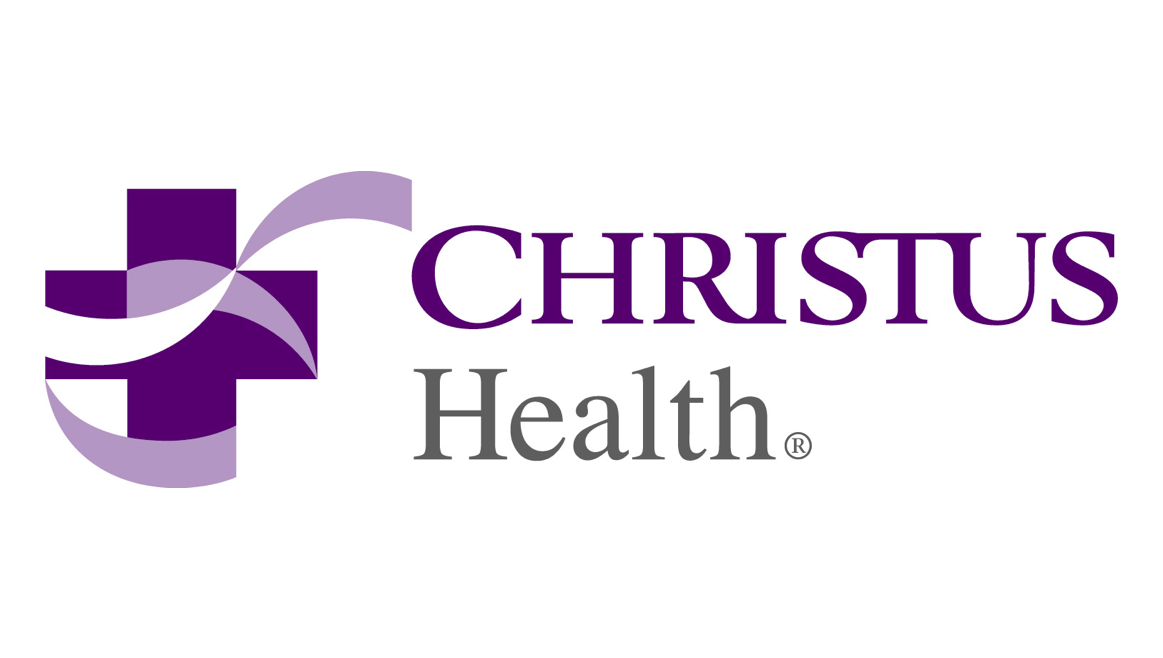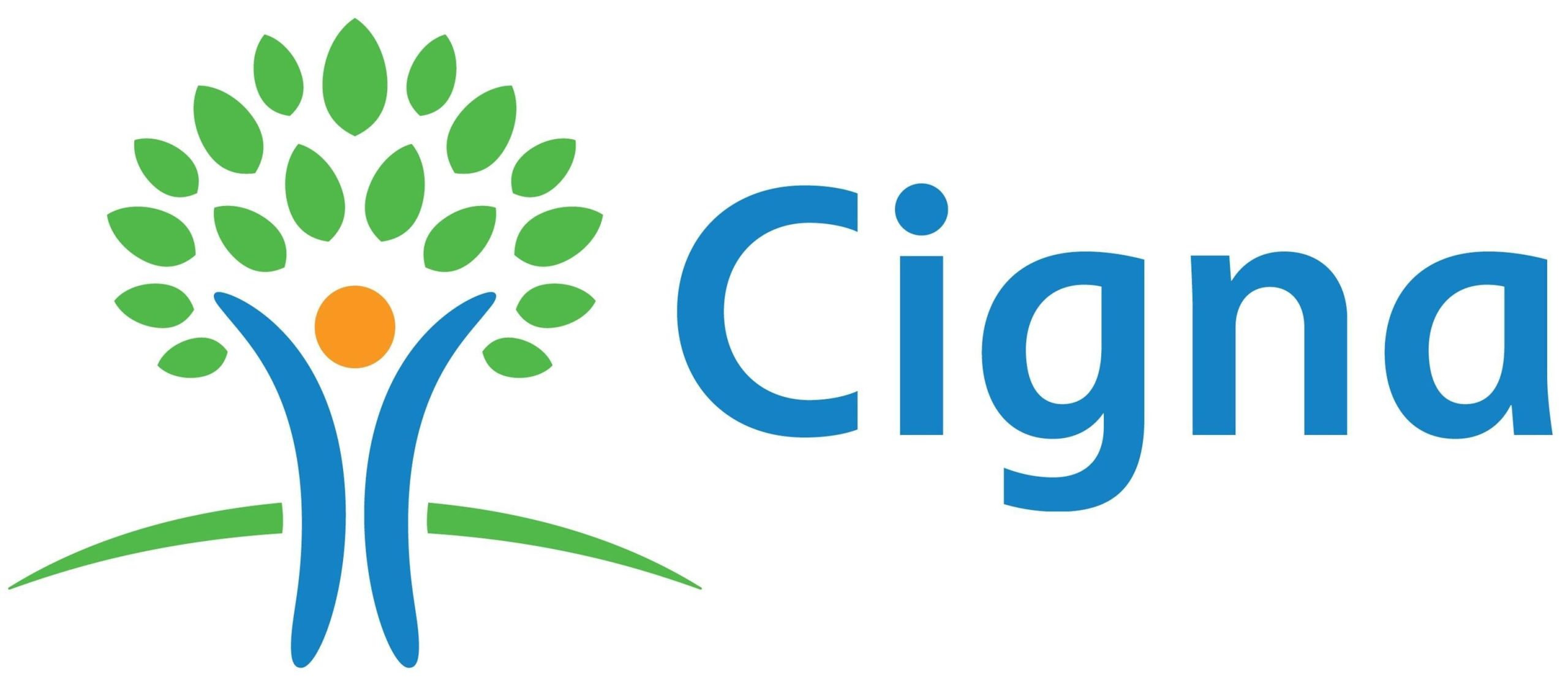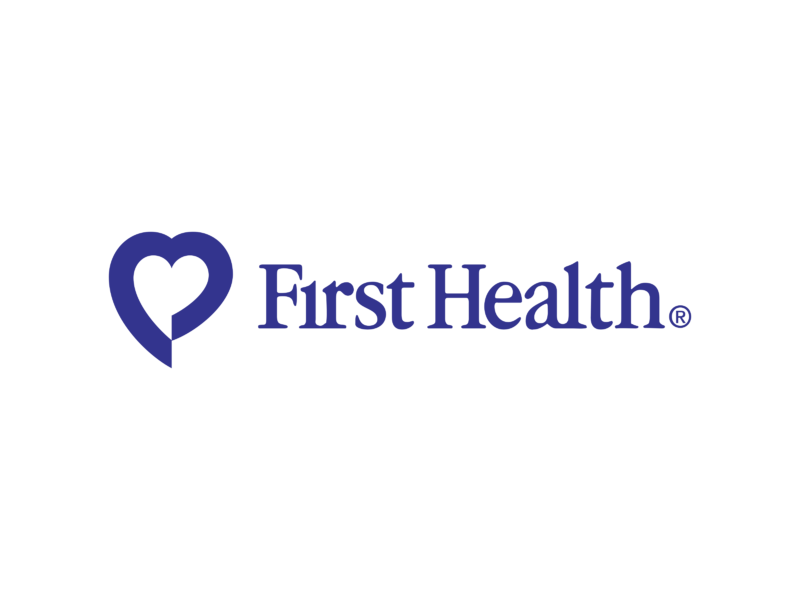Understanding CBT Therapy
Basics of CBT
Cognitive Behavioral Therapy (CBT) is a short-term, goal-oriented treatment method that addresses unhealthy thinking patterns and behaviors (Healthline). At its core, CBT helps individuals identify and modify distorted or negative thought patterns to influence their emotions and behaviors positively.
CBT is versatile and can be applied in various settings, such as individual therapy sessions, group therapy, and integrated with other therapeutic approaches. It is essential for those seeking mental health and substance abuse treatment, as it provides practical tools and coping strategies.
| Factors | Impact |
|---|---|
| Duration | Short-term |
| Approach | Goal-oriented |
| Focus | Thought patterns, behaviors |
| Settings | Individual, group therapy |
Principles of CBT
Several core principles underpin the effectiveness of CBT. These principles serve as the foundation for the therapeutic process, ensuring that clients achieve meaningful and lasting change:
- Cognitive Restructuring: This involves identifying distorted or negative thoughts and beliefs, and reshaping them into more accurate and constructive ones. This principle is crucial in changing how individuals perceive and respond to their environment.
- Behavioral Activation: Encouraging clients to engage in activities that promote positive reinforcement and break cycles of avoidance and inactivity.
- Mindfulness: Integrating mindfulness techniques helps clients stay present and manage stress more effectively.
- Problem-Solving: Equipping clients with strategies to tackle complex life challenges pragmatically.
- Collaborative Approach: Therapy is a collaborative effort where the therapist and client work together to set goals and track progress. This partnership fosters empowerment and ownership of the therapeutic process.
These principles make CBT a robust and flexible approach for addressing a wide array of mental health conditions, enabling clients to gain profound insights and practical skills. For detailed methods and benefits, explore our sections on techniques in CBT and effectiveness of CBT.
Benefits of CBT
Effectiveness of CBT
Cognitive Behavioral Therapy (CBT) stands out as one of the most studied and validated forms of psychotherapy. Its effectiveness in treating various psychological disorders is well-documented, having been evaluated in more than 2000 clinical trials (NCBI). CBT’s efficacy spans a wide range of mental health issues, including depression, anxiety, panic disorders, and post-traumatic stress disorder (PTSD), showing promising results such as symptom reduction and improved remission rates (PubMed Central).
A typical course of CBT consists of 6-20 sessions, either in one-on-one or group settings. These sessions aim to alter maladaptive thoughts and behaviors, equipping individuals with coping strategies to manage stress and improve their quality of life.
| Disorder | Response Rate (%) for CBT | Remission Rate (%) for CBT |
|---|---|---|
| Depression | 65 | 50 |
| Anxiety Disorders | 70 | 55 |
| Panic Disorder | 75 | 60 |
| PTSD | 68 | 50 |
Applications of CBT
CBT’s versatility extends beyond treating psychiatric disorders to addressing a wide array of medical and socio-behavioral issues. Developed by Dr. Aaron T. Beck in the 1960s and 1970s, CBT has proven effective in managing conditions with psychological components (NCBI).
The Cochrane Library database review up to May 2021 assessed CBT’s efficacy across 124 conditions through randomized controlled trials. These trials affirmed CBT’s benefits across a broad spectrum of medical, psychiatric, and socio-behavioral conditions in the short term after treatment completion.
With its diverse applications, CBT is an integral part of treatment plans for conditions such as:
By targeting the cognitive and behavioral aspects of these disorders, CBT promotes sustainable mental health improvements, making it a cornerstone of therapeutic interventions.
For more on our programs and their benefits, consider reading about our day programming or transitional independent living options.
Techniques in CBT
Cognitive Behavioral Therapy (CBT) is a versatile and effective intervention for various mental health issues. At Bright Path Program, we utilize numerous techniques to help our clients achieve significant improvements in their mental health. Some of the most common techniques include cognitive restructuring, mindfulness, and behavioral experiments.
Cognitive Restructuring
Cognitive restructuring is one of the core techniques in CBT. It involves identifying and challenging cognitive distortions—unhelpful thinking patterns that negatively influence emotions and behaviors. By recognizing these distortions, clients can alter them to more realistic and helpful thoughts.
Mindfulness in CBT
Mindfulness techniques are frequently integrated into CBT to enhance self-awareness and emotional regulation. Mindfulness involves paying attention to the present moment in a non-judgmental manner. This practice can help individuals detach from their automatic negative thoughts and react more consciously.
| Mindfulness Technique | Description |
|---|---|
| Mindful Breathing | Focusing on breath to center attention and calm the mind. |
| Body Scan | Bringing attention to different parts of the body to reduce tension and stress. |
| Grounding Exercises | Using the senses to connect with the present moment and reduce anxiety. |
Incorporating mindfulness into CBT allows clients to develop skills for managing stress and improving emotional resilience. This is particularly beneficial for conditions like anxiety disorder treatment and depression treatment.
Behavioral Experiments
Behavioral experiments are activities designed to test the validity of a client’s beliefs and assumptions in real-world scenarios. These experiments help clients gather evidence to support or refute their thoughts, promoting cognitive change and behavioral adaptation.
Behavioral experiments are structured to be safe and manageable, encouraging clients to challenge themselves in gradual steps. They are particularly effective for obsessive-compulsive disorder treatment and bipolar disorder treatment.
By employing these techniques, we at Bright Path Program help our clients tackle negative thought patterns and develop healthier behaviors, ultimately leading to improved mental health and well-being.
For more information on specific programs and therapies we offer, explore our sections on day programming and partial hospitalization program.
CBT in Practice
CBT Sessions
Cognitive Behavioral Therapy (CBT) is an evidence-based, structured approach to mental health treatment. During CBT sessions, we work closely with individuals to help them identify and challenge negative thought patterns and behaviors. Each session is goal-oriented and time-limited, making it a suitable choice for individuals seeking efficient and effective mental health care.
CBT typically requires active participation from the individual. Homework assignments or practice outside of therapy sessions are common components, allowing individuals to apply new skills to everyday situations (Healthline). This hands-on approach ensures that the skills learned during therapy are reinforced and integrated into daily life.
| Session Component | Description |
|---|---|
| Assessment | Identifying goals and customizing treatment. |
| Goal Setting | Establishing specific, measurable objectives. |
| Cognitive Restructuring | Challenging negative thought patterns |
| Behavioral Experiments | Testing and modifying behaviors |
| Homework Assignments | Practicing new skills outside of sessions |
| Review | Evaluating progress and making adjustments |
Our CBT sessions are designed to address specific conditions, such as depression, anxiety disorders, and substance abuse. Additionally, our programs extend to more complex issues, providing comprehensive care through various treatments like dialectical behavior therapy and EMDR therapy.
Collaborative Approach
In CBT, collaboration between the therapist and the individual is crucial. We emphasize the importance of a cooperative relationship to identify goals and achieve successful outcomes. This collaborative approach ensures that individuals are actively involved in their own therapeutic process, which enhances engagement and efficacy.
The collaborative approach involves:
- Partnership: Working together to set therapy goals and develop a treatment plan.
- Feedback: Continuous dialogue regarding progress and challenges faced by the individual.
- Adaptation: Flexibility to modify the treatment plan based on the individual’s feedback and needs.
- Support: Providing encouragement and resources to help the individual succeed.
Through our collaborative approach, we empower individuals to take an active role in their healing journey, making meaningful changes to their thoughts, behaviors, and overall well-being. This partnership is fundamental in treating a wide range of mental health conditions, from obsessive-compulsive disorder to schizoaffective disorder.
By integrating structured CBT sessions with a collaborative approach, our aim is to provide personalized and effective mental health care tailored to meet each individual’s unique needs. Whether you are seeking help for chronic pain, bipolar disorder, or looking for transitional independent living, our dedicated team is here to support you every step of the way.
CBT for Mental Health
Treatment Success
Cognitive Behavioral Therapy (CBT) focuses on changing negative thoughts and behaviors by challenging cognitive distortions and reframing them more rationally. This approach is characterized by collaboration and active participation between the therapist and the patient. Treatment is structured, educational, and typically time-limited, often involving 6 to 14 sessions.
The effectiveness of CBT has been evaluated in Cochrane reviews for various psychiatric disorders, including depression, anxiety, panic disorder, and post-traumatic stress disorder. Studies show positive outcomes such as symptom reduction, improved response rates, and increased remission rates (PubMed Central).
Conditions Treated
CBT is considered effective for a variety of mental health conditions, offering a versatile treatment approach. It is beneficial for individuals facing:
- Depression: CBT helps in identifying and challenging negative thought patterns, making it an effective depression treatment.
- Anxiety Disorders: It aids in managing symptoms by teaching coping mechanisms, making it suitable for anxiety disorder treatment.
- Obsessive-Compulsive Disorder (OCD): CBT, particularly Exposure and Response Prevention (ERP), is effective for obsessive compulsive disorder treatment.
- Post-Traumatic Stress Disorder (PTSD): CBT can help individuals process traumatic memories and reduce PTSD symptoms.
- Bipolar Disorder: It aids in managing mood swings and offers strategies for bipolar disorder treatment.
- Borderline Personality Disorder (BPD): CBT is beneficial in managing emotional instability, an important component of borderline personality disorder treatment.
CBT also extends its benefits to conditions like chronic pain, substance abuse, and other complex mental health challenges. This makes it a pivotal part of our day programming and intensive out-patient program. By leveraging the structured and collaborative nature of CBT, we aim to provide comprehensive support tailored to individual needs, improving overall mental health and well-being.
For more details on our specialized treatment options, including drug addiction treatment and partial hospitalization programs, explore our range of services.
















